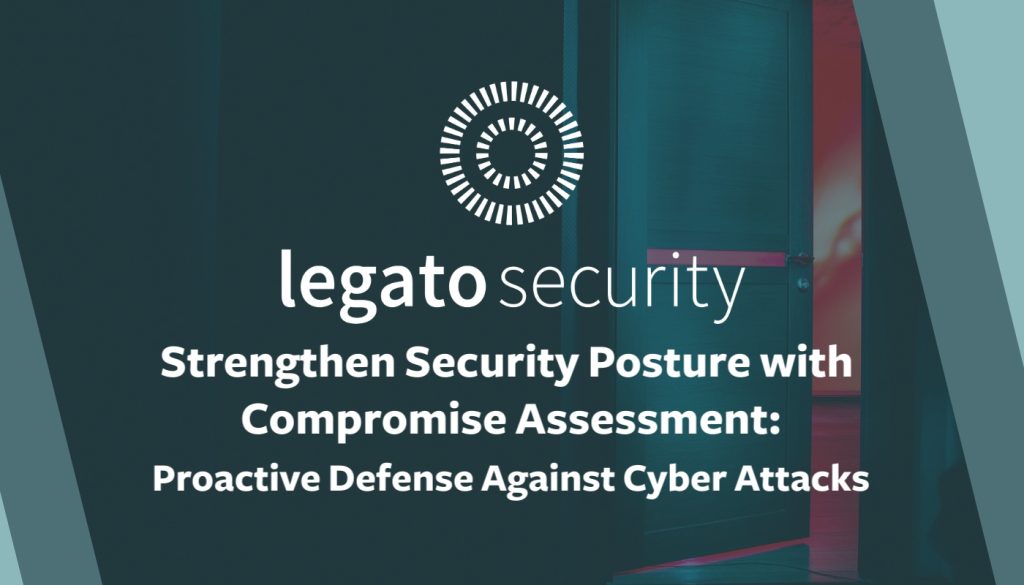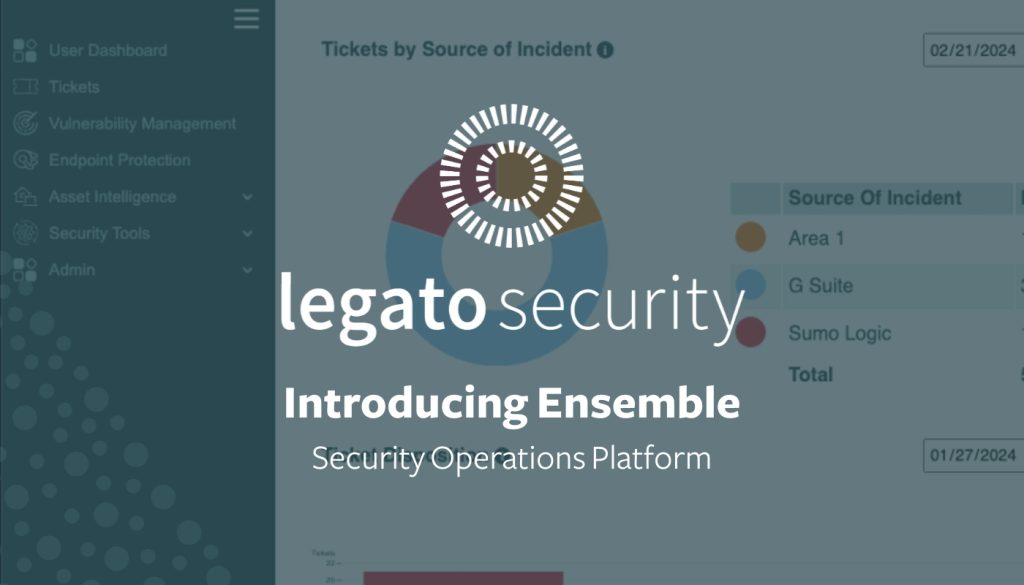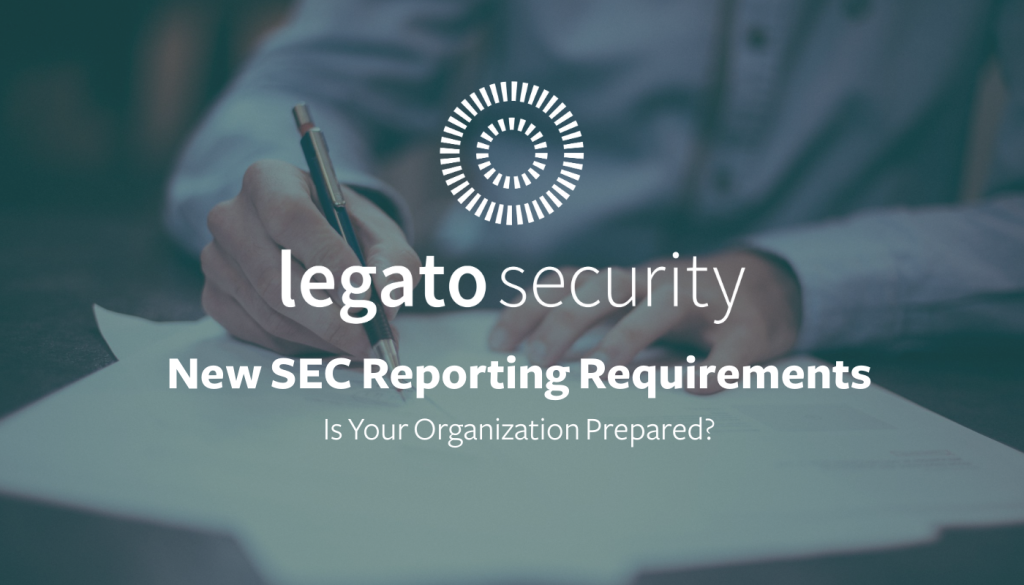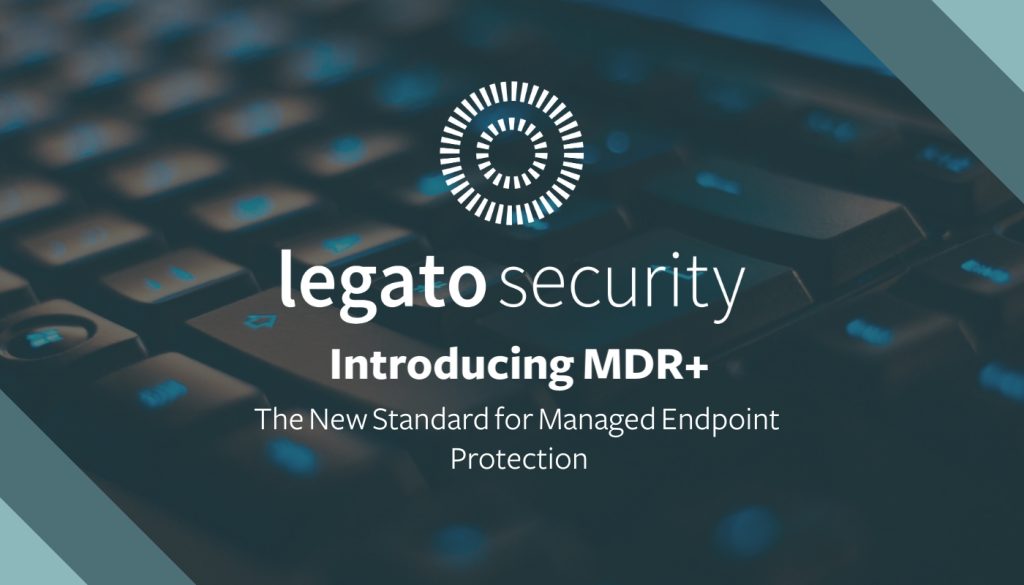In today’s rapidly evolving threat landscape, organizations must adopt a proactive stance when it comes to cybersecurity. One effective approach is through a robust compromise assessment. As a leading provider of Managed Detection and Response (MDR) and strategic security services, Legato Security understands the importance of proactively hunting for and detecting ongoing and past cyber attacks, while also gaining visibility into potential vulnerabilities and gaps in the existing security posture. In this blog, Legato Security experts explore the benefits and use cases of a compromise assessment and how it helps organizations prevent breaches and enhance their security posture.
Understanding the Benefits of a Compromise Assessment
Proactive Threat Detection
A compromise assessment serves as a proactive measure to detect and identify existing cyber threats that may have infiltrated an organization’s network. By leveraging advanced technologies, threat intelligence, and skilled security professionals, a compromise assessment hunts for indicators of compromise (IoCs), malicious activities, and stealthy attacks that may have bypassed traditional or insufficient security measures. This proactive approach allows organizations to detect and respond to threats before they can cause significant damage.
Identification of Vulnerabilities and Gaps
In addition to detecting active threats, a compromise assessment provides valuable visibility into potential vulnerabilities and gaps in an organization’s security posture. It examines the effectiveness of existing security controls, network configurations, and access management practices to identify areas that may be susceptible to exploitation. By uncovering these weaknesses, organizations can take proactive steps to remediate vulnerabilities and enhance their overall security defenses.
Improved Security Posture
A compromise assessment plays a crucial role in improving an organization’s security posture. By detecting existing compromises and vulnerabilities, organizations can proactively address and mitigate potential risks before they are exploited by threat actors. This leads to a stronger security posture, reduced risk of data breaches, and enhanced protection for sensitive assets and customer information.
Use Cases of Compromise Assessment
Post-Merger or Acquisition Assessments
During mergers and acquisitions (M&A), organizations often integrate their IT infrastructure and systems, which can introduce security gaps and vulnerabilities. A compromise assessment helps in identifying any compromises that may have occurred during the M&A process, as well as detecting any malicious activities that may have gone unnoticed. By conducting a thorough assessment, organizations can ensure a smooth integration while proactively addressing any security risks.
Incident Response and Remediation
In the aftermath of a security incident, organizations need to understand the extent of the compromise and the potential impact on their systems and data. A compromise assessment provides an in-depth analysis of the incident, identifying the attack vectors, compromised systems, and data breaches. This knowledge is crucial for effective incident response and remediation, allowing organizations to contain the incident, restore systems, and implement preventive measures to avoid future incidents.
Compliance and Regulatory Requirements
Organizations operating in regulated industries face stringent compliance and regulatory requirements. A compromise assessment helps organizations meet these requirements by providing a comprehensive evaluation of their security controls and identifying any compromises or vulnerabilities that could lead to non-compliance. By addressing these issues proactively, organizations can demonstrate their commitment to security and maintain compliance with industry regulations.
Periodic Security Health Checks
Even organizations with robust security measures in place can benefit from regular compromise assessments to ensure ongoing protection. By conducting periodic assessments, organizations can proactively identify evolving threats, emerging attack vectors, and potential weaknesses in their security defenses. This allows them to implement timely updates, patches, and security enhancements, keeping their security posture robust and resilient in the face of evolving threats.
Closing
A compromise assessment is a proactive and comprehensive approach to cybersecurity that enables organizations to confidently assess whether they have experienced a compromise. Further, organizations are empowered with actionable intelligence on the type, scope, and damage of detected compromises. Thus equipped, organizations can make business-critical decisions in planning for the security and data future.





